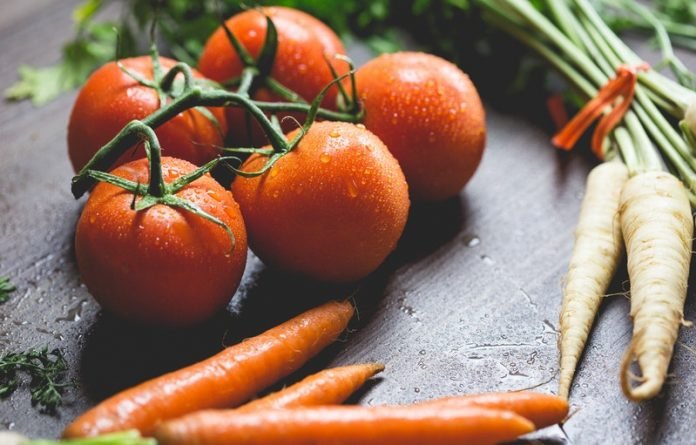
Scientists from Harvard found that eating about five daily servings of fruits and vegetables, in which 2 are fruits and 3 are vegetables, is likely the optimal amount for longer life.
The research is published in Circulation and was conducted by Dong D. Wang et al.
Diets rich in fruits and vegetables help reduce the risk for numerous chronic health conditions that are leading causes of death, including cardiovascular disease and cancer.
Yet, only about one in 10 adults eat enough fruits or vegetables, according to the U.S. Centers for Disease Control and Prevention.
In the study, the team analyzed data from the Nurses’ Health Study and the Health Professionals Follow-Up Study, two studies including more than 100,000 adults who were followed for up to 30 years.
They also pooled data on fruit and vegetable intake and death from 26 studies that included about 1.9 million participants from 29 countries and territories.
The team found intake of about five servings of fruits and vegetables daily was associated with the lowest risk of death. Eating more than five servings was not associated with additional benefit.
Eating about two servings daily of fruits and three servings daily of vegetables was associated with the greatest longevity.
Compared to those who consumed two servings of fruit and vegetables per day, participants who consumed five servings a day of fruits and vegetable had a 13% lower risk of death from all causes; a 12% lower risk of death from heart disease and stroke; a 10% lower risk of death from cancer; and a 35% lower risk of death from respiratory disease, such as chronic obstructive pulmonary disease (COPD).
Not all foods that one might consider to be fruits and vegetables offered the same benefits.
For example: Starchy vegetables, such as peas and corn, fruit juices and potatoes were not associated with reduced risk of death from all causes or specific chronic diseases.
On the other hand, green leafy vegetables, including spinach, lettuce and kale, and fruit and vegetables rich in beta carotene and vitamin C, such as citrus fruits, berries and carrots, showed benefits.
This study identifies an optimal intake level of fruits and vegetables and supports the evidence-based, succinct public health message of ‘5-a-day,’ meaning people should ideally consume five servings of fruit and vegetable each day.
The team says this amount likely offers the most benefit in terms of prevention of major chronic diseases and is a relatively achievable intake for the general public.
If you care about nutrition, please read studies that blackcurrants can reduce blood sugar after meal and one avocado a day could protect you from heart disease.
For more information about nutrition, please see recent studies about supplements that could improve memory functions, and results showing a high-fiber diet could help reduce the dementia risk.
Copyright © 2022 Knowridge Science Report. All rights reserved.



